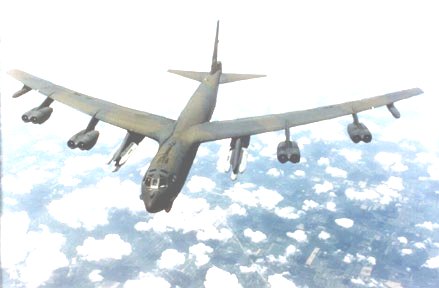(click here if you want to see the lyrics without annotation)
O Superman. O judge. O Mom and Dad. Mom and Dad.
O Superman. O judge. O Mom and Dad. Mom and Dad.
Introduces the 3 central actors in the ballad: force (superman), justice (judge), love (mom and dad). Justice is the meat in a sandwich of two very american images. Superman - the "good" force. Mom and Dad - American as apple pie ? Repeated for emphasis.
Hi. I'm not home right now. But if you want to leave a message,
Just start talking at the sound of the tone.
Robotic answering machine message expresses the idea that love is gone - the receiver of the call is gone - supplanted by technology. The narrator in fact is at home (as later revealed)...
Hello? This is your Mother. Are you there? Are you coming home?
But the narrator doesn't want to talk to Mom. is love really gone ? there is a significant pause after here that leads me to think there is a change of character speaking... it's the next message on the machine...
Hello, is anybody home ?
Well, you don't know me, but I know you.
pretty scary and not exactly what a mother would say.
Once or twice in my life people have come up to me with this "you don't know me..." line, and the asymmetry in knowledge makes me extremely uncomfortable. The person saying it perhaps hopes it will help you trust what they are saying or engage with their conversation, but its effect on me at least is the opposite. A judge's job is to know lots about the accused (i.e. his guilt), but the accused learns little about the judge in court; is this a judge speaking ?
And I've got a message to give to you.
Here come the planes.
So you better get ready. Ready to go.
creates an image of impending doom. B52's laden with bombs. There's urgency - ready repeated for emphasis. Anderson's voice seems menacing, but for all the evidence available so far, this could be an invite to a wonderful jetsetting holiday (although you don't need planes, plural, for this - one will do)...
You can come as you are, but pay as you go. Pay as you go.
the caller knows committment is not your strong suit - hence the enticement "pay as you go". Makes it like the caller is selling something attractive. The enticement keeps the listener's attention too... There's a pause while the caller waits for a response... the speaker was home, screening calls and responds:
And I said: OK. Who is this really? And the voice said:
This is the hand, the hand that takes. This is the hand, the hand that takes.
This is the hand, the hand that takes. Here come the planes.
The narrator asks the question in all our minds. The "hand that takes" is the hand of death. These are planes of death, not the holidaying kind.
They're American planes. Made in America
American means super-power. A symbol of Force ? Superman.
Smoking or non-smoking?
Mocks the threat, conveys cold efficiency of the airline check-in counter or restaurant greeter. But does the choice matter when the hand that takes has planes approaching you ?
And the voice said: Neither snow nor rain nor gloom of night
shall stay these couriers from the swift completion of their appointed rounds.
a reference to the US postal service (I've got a vague childhood recollection of a cartoon that used this line - was it Rocky and Bullwinkle ?). Portrays determined efficiency. The planes are coming, and nothing will stop their bombs. On 17th March 2003, listening to ex-military consultants talk clinically about the improvements in laser guided weapons since 1991 hooked right into this line. In 1991, rain and gloom of night did slow this, in 2003 we are told it won't.
In any event, you choices don't matter much when it gets to this end-game. The force is overwhelming.
'Cause when love is gone, there's always justice.
And when justice is gone, there's always force.
And when force is gone, there's always Mom. Hi Mom!
Jim Davies suggests this draws an analogy with childhood disputes. The appeal to play fair, then when that doesn't work, someone gets thumped. And when that doesn't work, the aggrieved run home to get Mom's help.
So hold me, Mom, in your long arms.
So hold me, Mom, in your long arms.
In your automatic arms. Your electronic arms.
In your arms.
So hold me, Mom, in your long arms.
Your petrochemical arms. Your military arms.
In your electronic arms.
Are the "long arms" the reach of the planes, "hold me" a plea for protection ? long arms suggest a distance, "electronic" and "automatic" suggest detachment from human action. Is the speaker seeking refuge in a technological mom substitute (electronic arms, military arms) - not a real one ? Petrochemical arms is maybe a connection with the Iran/Contra situation (which Anderson says this was a response to). Or maybe it's just another example of a technological force (petrochemicals) that pervade and support a world that allows us to gradually separate ourselves from our love, then our justice. Anderson might be suggesting we seek solutions in the wrong place.

